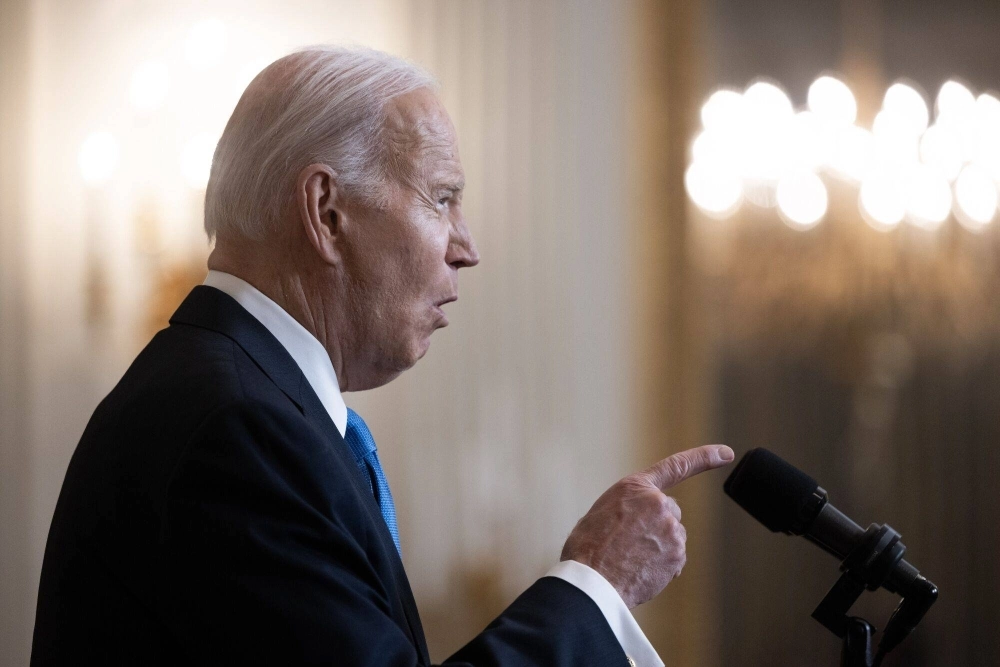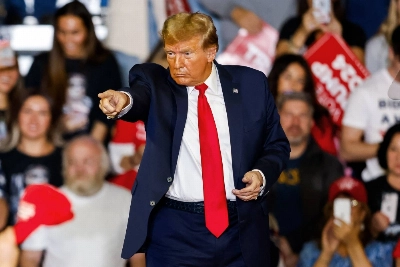U.S. President Joe Biden has delivered a fiery response to comments by his predecessor, Donald Trump, that encouraged Moscow to attack certain NATO countries not living up to nonbinding defense spending commitments, while urging Republicans to pass military aid legislation crucial for Ukraine’s fight against Russia.
"For God's sake, it's dumb, it's shameful, it's dangerous, it's un-American," Biden said during a televised address at the White House on Tuesday intended to urge the Republican-controlled House of Representatives to vote on the Ukraine aid bill.
"Can you imagine a former president of the United States saying that? The whole world heard it. And the worst thing is he means it," Biden said of Trump, the front-runner for the 2024 GOP presidential nomination.





















With your current subscription plan you can comment on stories. However, before writing your first comment, please create a display name in the Profile section of your subscriber account page.